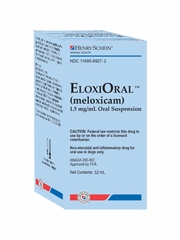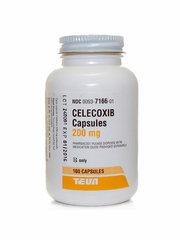SAVE 20% OFF 20% OFF Use Code PREZ20 *
Anti-Inflammatory
Anti-inflammatory refers to substances or treatments that help reduce inflammation in the body. Inflammation is a natural immune response triggered by the body to protect against harmful stimuli such as pathogens, injuries, or irritants. However, chronic inflammation can contribute to various health conditions, including arthritis, asthma, inflammatory bowel disease, and cardiovascular diseases.
There are several approaches to managing inflammation, including lifestyle modifications and medications. Here are some common strategies and examples of anti-inflammatory measures:
- Non-Steroidal Anti-Inflammatory Drugs (NSAIDs): These medications, such as ibuprofen (Advil, Motrin) and naproxen (Aleve), can help reduce pain and inflammation. However, long-term use of NSAIDs can have side effects, so they should be used under medical supervision.
- Steroids: Corticosteroids, such as prednisone, are potent anti-inflammatory medications that can be used to manage severe inflammation. They work by suppressing the immune system's response. Steroids have significant side effects and are typically prescribed for short durations.
- Dietary Changes: Certain foods have natural anti-inflammatory properties and can be incorporated into a balanced diet. These include fruits and vegetables, especially those rich in antioxidants, such as berries, leafy greens, and colorful vegetables. Other beneficial foods include fatty fish (salmon, mackerel), nuts (walnuts, almonds), olive oil, turmeric, ginger, and green tea. Avoiding processed foods, excessive sugar, and trans fats may also help reduce inflammation.
- Omega-3 Fatty Acids: Found in fish oil, flaxseed oil, and walnuts, omega-3 fatty acids have anti-inflammatory effects. They can be beneficial in managing conditions like arthritis and may also support heart health.
- Physical Activity: Regular exercise can help reduce inflammation and improve overall health. Engaging in activities like walking, jogging, swimming, or yoga can have anti-inflammatory effects on the body.
- Stress Reduction: Chronic stress can contribute to inflammation. Techniques like meditation, deep breathing exercises, and engaging in relaxing activities can help reduce stress levels and inflammation.
- Herbal Remedies: Certain herbs and spices possess anti-inflammatory properties. Examples include turmeric, ginger, garlic, green tea, and boswellia. These can be consumed as part of a balanced diet or taken in supplement form, but it's important to consult a healthcare professional before using them.
It's crucial to note that while these measures may help reduce inflammation, they should not replace medical advice. If you're experiencing chronic inflammation or have a specific health condition, it's essential to consult with a healthcare professional for proper evaluation and guidance.





![Dexium for Cattle, Horses - (Dexamethasone) Solution Injection 2mg/mL, 100mL - [Inflammation & Allergies]](https://s.turbifycdn.com/aah/yhst-135855760451349/dexium-dexamethasone-solution-injection-2mg-ml-100ml-22.jpg)

















